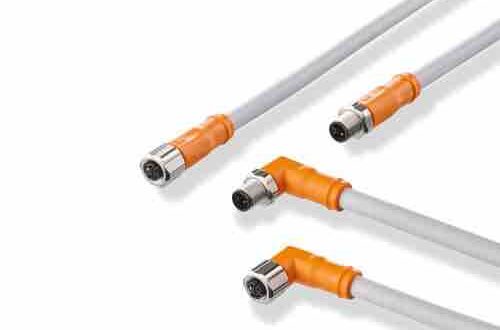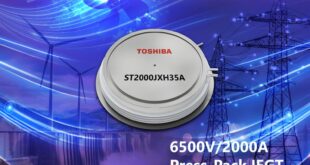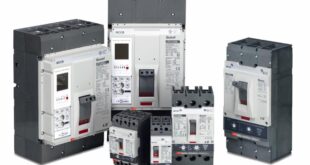Introducing the EVCA range, ifm electronic’s latest product line. These cables have been expertly designed to handle currents up to 16 Amperes, redefining excellence in power transmission technology.
Designed for the modern world where reliability is paramount, the EVCA cables boast exceptional durability, making them ideal for high-intensity applications across various industries. Whether it’s powering industrial machinery, supporting high-power electronics, or facilitating efficient energy transfer, the EVCA range delivers unmatched performance under demanding conditions.
The EVCA range is designed for superior performance, offering a high current capacity of up to 16 Amperes for reliable power delivery. Its robust construction ensures long-term durability, while its versatility makes it suitable for a wide range of applications, from automotive to industrial settings. The range is also compatible with various devices, enhancing system efficiency. Additional advantages include a low voltage drop across extended cable lengths, attributable to a 2.5 mm² cable cross-section. Featuring a standard L-code connector and equipped with proven ecolink technology, it guarantees a safe and error-free connection, making it ideal for powering IO-Link masters. Additionally, it’s engineered to withstand the rigorous stress factors typical in industrial environments.
 Engineer News Network The ultimate online news and information resource for today’s engineer
Engineer News Network The ultimate online news and information resource for today’s engineer






